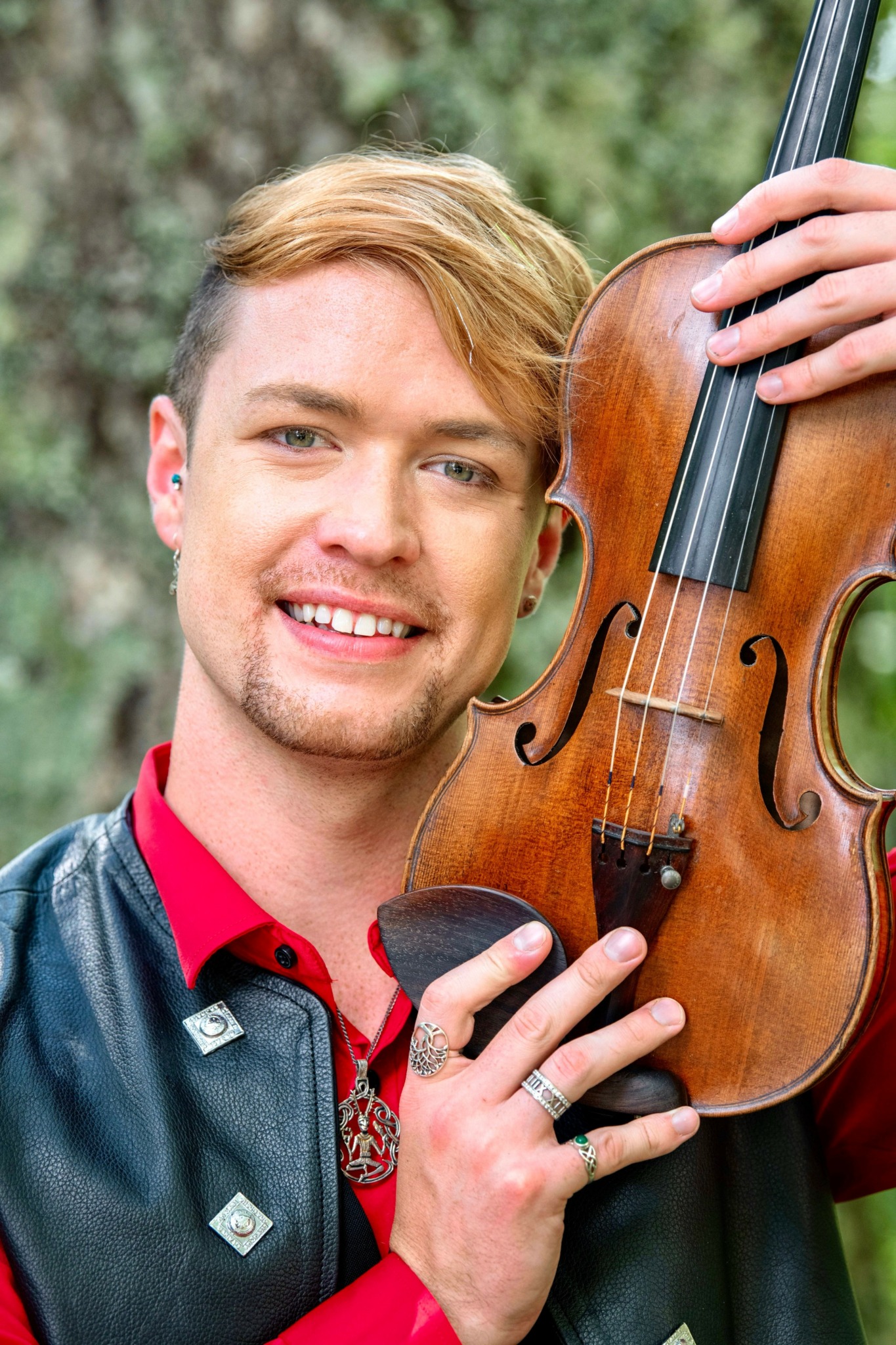We recently connected with Seán Heely and have shared our conversation below.
Seán , thanks for taking the time to share your stories with us today How did you learn to do what you do? Knowing what you know now, what could you have done to speed up your learning process? What skills do you think were most essential? What obstacles stood in the way of learning more?
After a childhood filled with folksong/being around folk music, I started learning the violin at age 10. Once I had about a full octave of notes, my dad encouraged me to play along with his banjo and learn a bit of bluegrass. I was learning a classical music education in elementary-high school. But I was always very attracted to Celtic fiddling and all of that music in general. When I was a college junior, many of my friends were going to Chamber music camps in places like Germany and others overseas. Having never left the country at that point, it wasn’t feasible for me so I decided: “Why not check out if there’s a fiddle camp in the US?” Well, that decision to look for a fiddle camp and go to the one in Maine that introduced me to the incredible Liz Carroll was one of the best decisions I could have made. I was then thrust into the world of Irish fiddling and composition, which eventually lead to my extreme interest in Scottish fiddling, and Gàidhlig song. I was also made aware of all of the fiddle camps and music camps specifically geared towards Celtic music all over the US and this larger community. I wish that I had known about these events when I was a kid, because I think it would have changed my path. I think it was also very good for me to be focused in my classical music studies and become a master of the violin so that I could direct those skills to any genre that I wished. Now in my career, I have expanded to other instruments and have made a focus in Gàidhlig singing. I was learning a few easy songs at first and as I did more discovery and heard songs I wanted to sing, I realized that I absolutely had to learn the language. During 2020, I was granted the free time to singularly devote myself to learning Scottish Gaelic which has led to many unique opportunities in my career and has set me apart as a cultural tradition bearer.
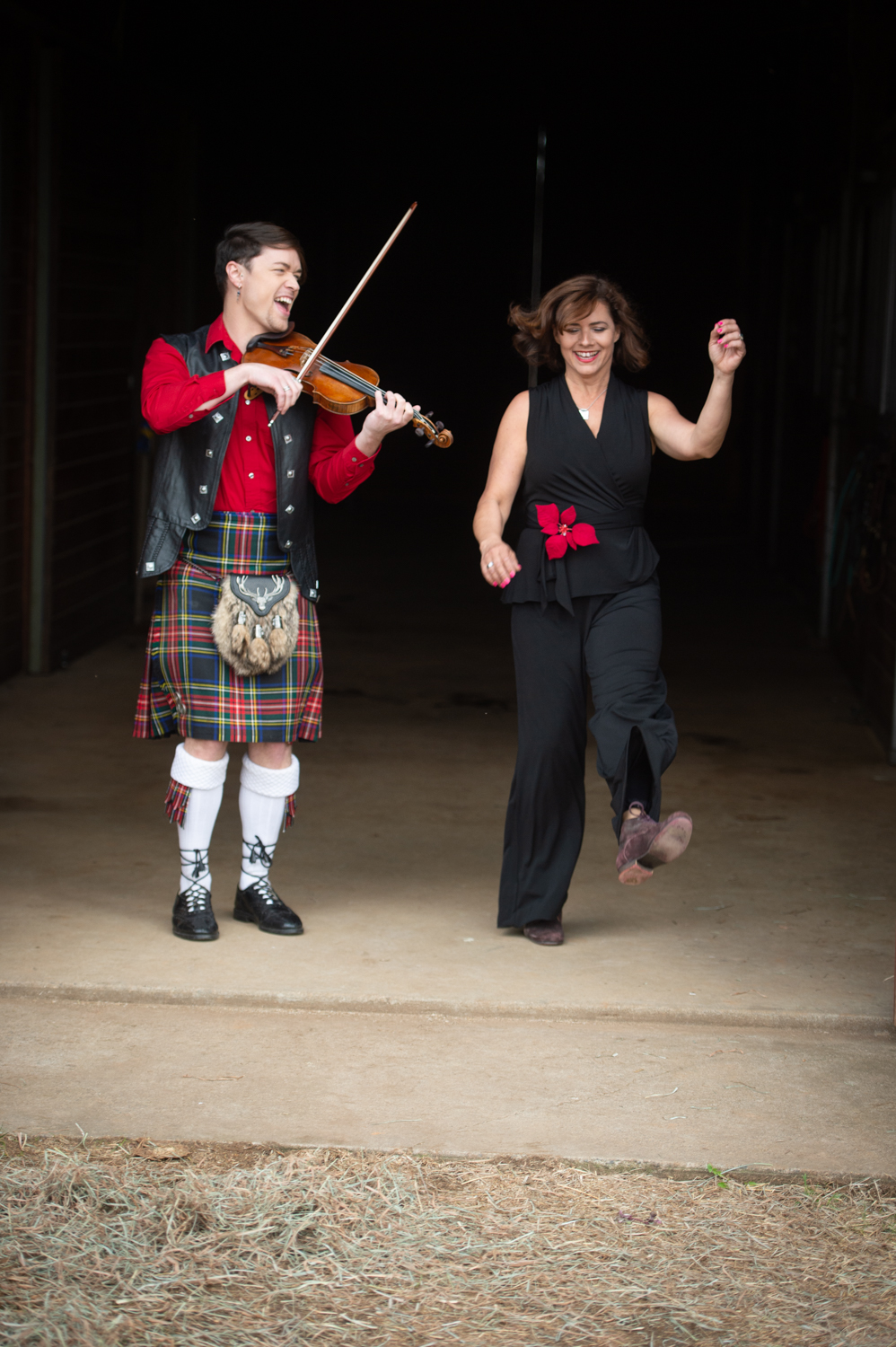
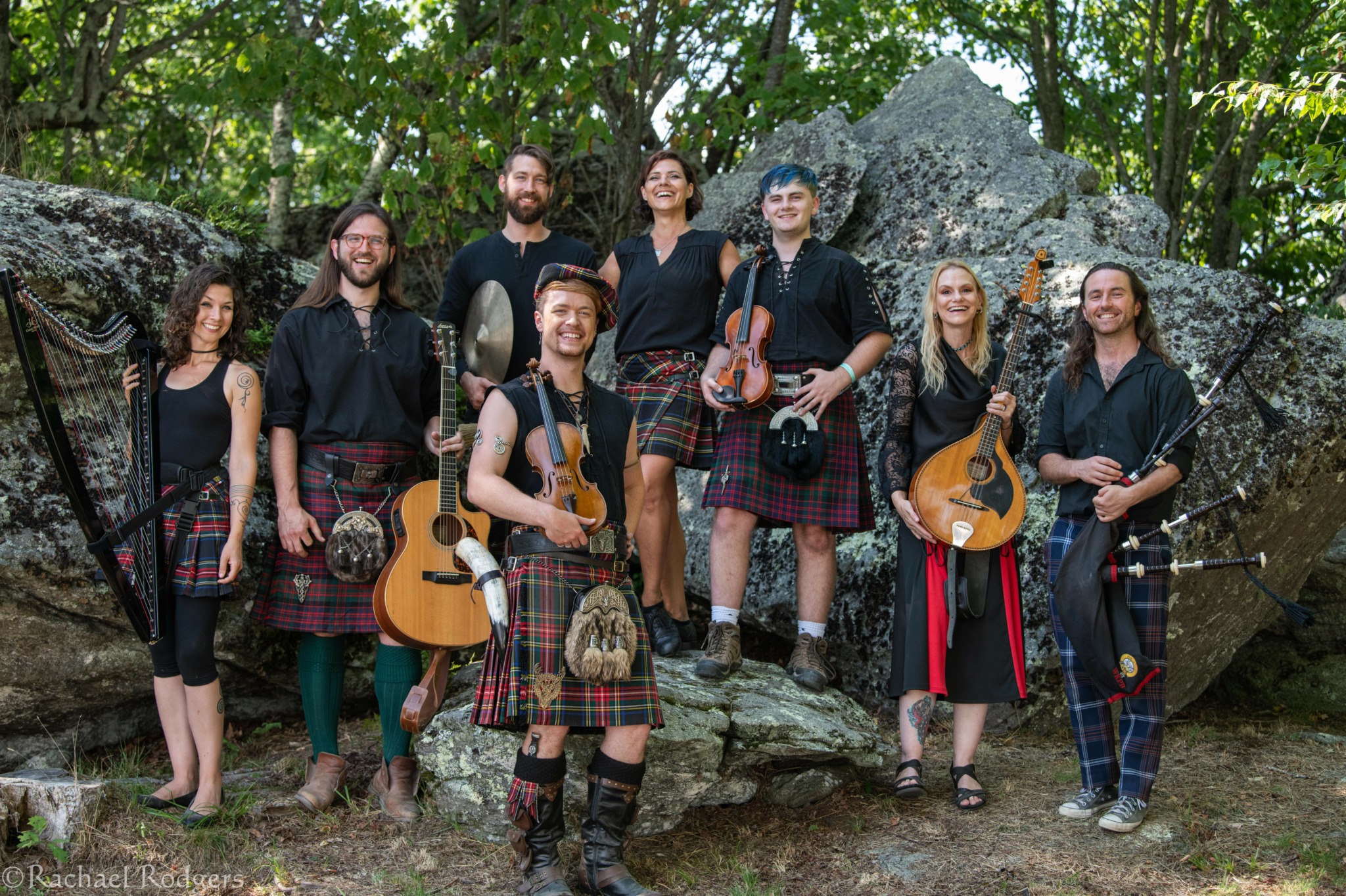
Seán , love having you share your insights with us. Before we ask you more questions, maybe you can take a moment to introduce yourself to our readers who might have missed our earlier conversations?
I created a Celtic band in 2019 with the goal of headlining some of the major Celtic festivals in the USA. In 2025, we have achieved this with great success. The festival show we provide is high-energy and fun showcasing the percussive dancing which lives alongside this music with much importance. I don’t think there are many bands that have a dancer as one of the “instruments” in the group. I also started Seán Heely’s “Celtic Christmas” production which is a touring show represented by an agency called Rhythm of the Arts.
I am perhaps most proud of the impact I have made on the nation with this heritage music that both touches the core, the soul, but also makes one want to dance and rejoice in living!
Throughout the year, I am asked to provide music and programming for mainly Scottish and Irish cultural events and I have a great time bringing the history of these places to light as well as composing new tunes within the living tradition.
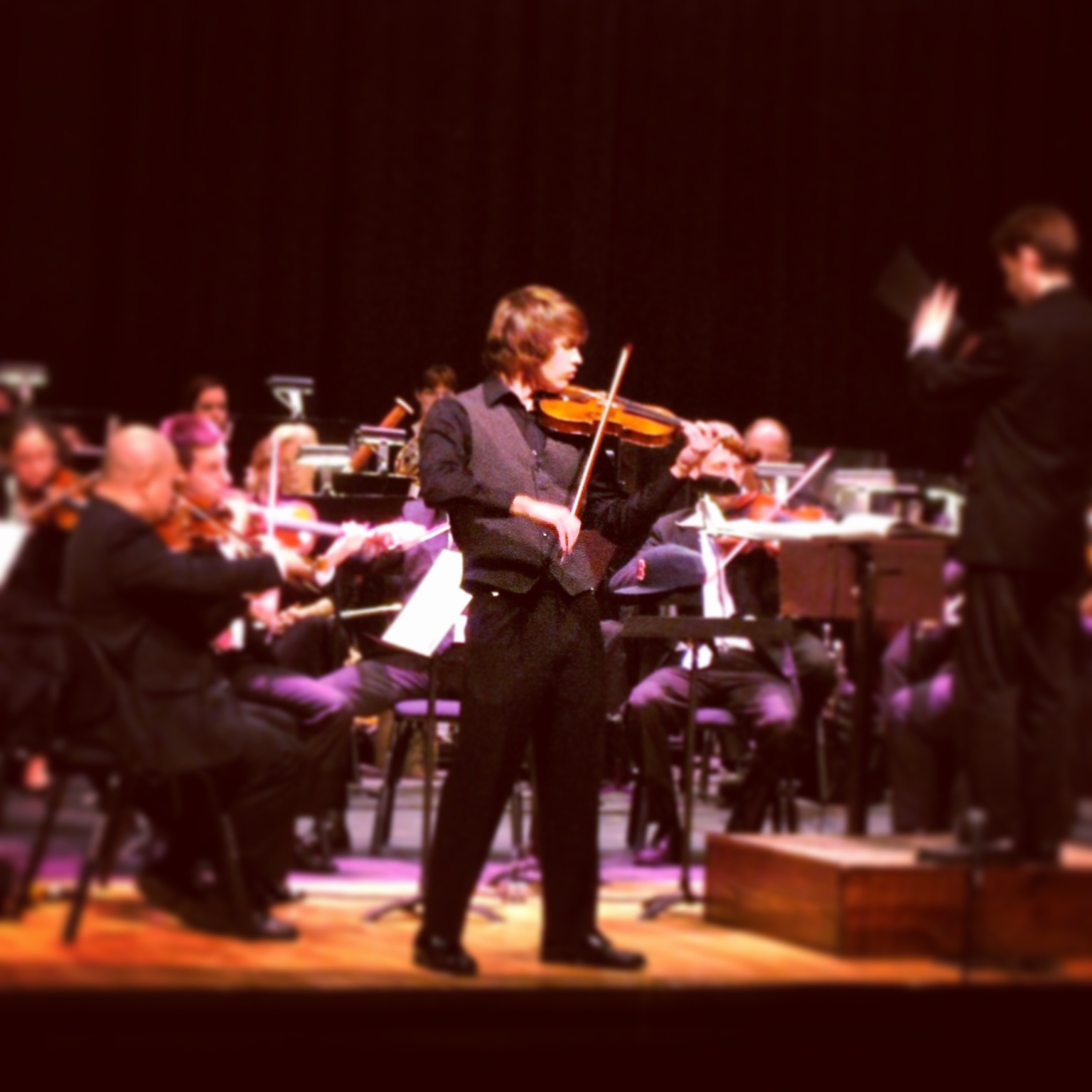
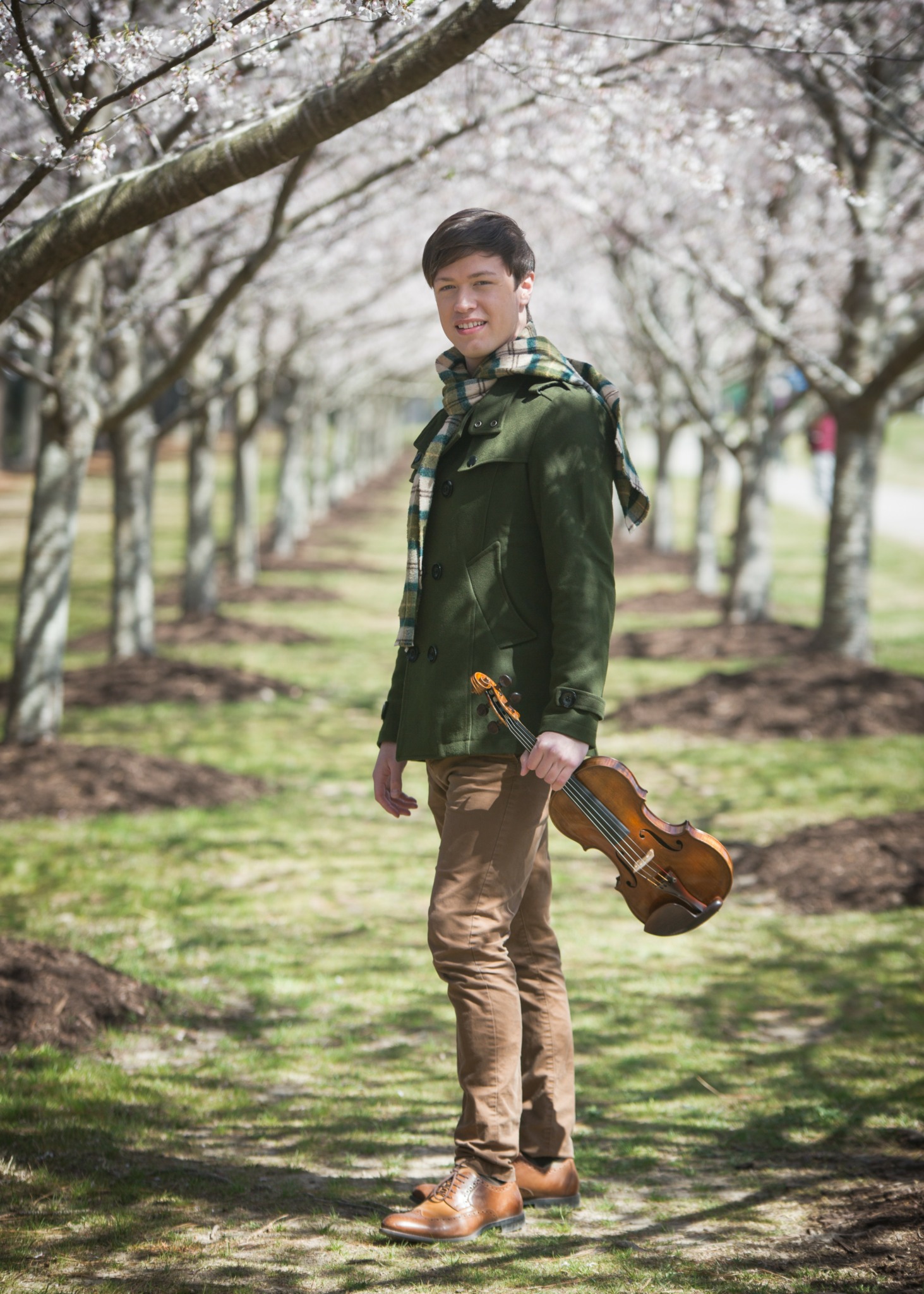
How can we best help foster a strong, supportive environment for artists and creatives?
Society needs to be made aware that artists can’t thrive unless they have the support to do so.
Society is not setup to fund and support unpaid pursuits that successful artists have to invest in to boost their careers.
The tax system is usually pretty hard on self-employed people like artists.
The way folks are consuming music via streaming where the artist doesn’t see any $$ to speak of unless they are a household name like Taylor Swift is a corrupt and ridiculous system that devalues art.
Society needs to understand how to support artists. I know some places that have not increased their rates to pay musicians since the late 90s and that’s just not sustainable for an artist to make a living.
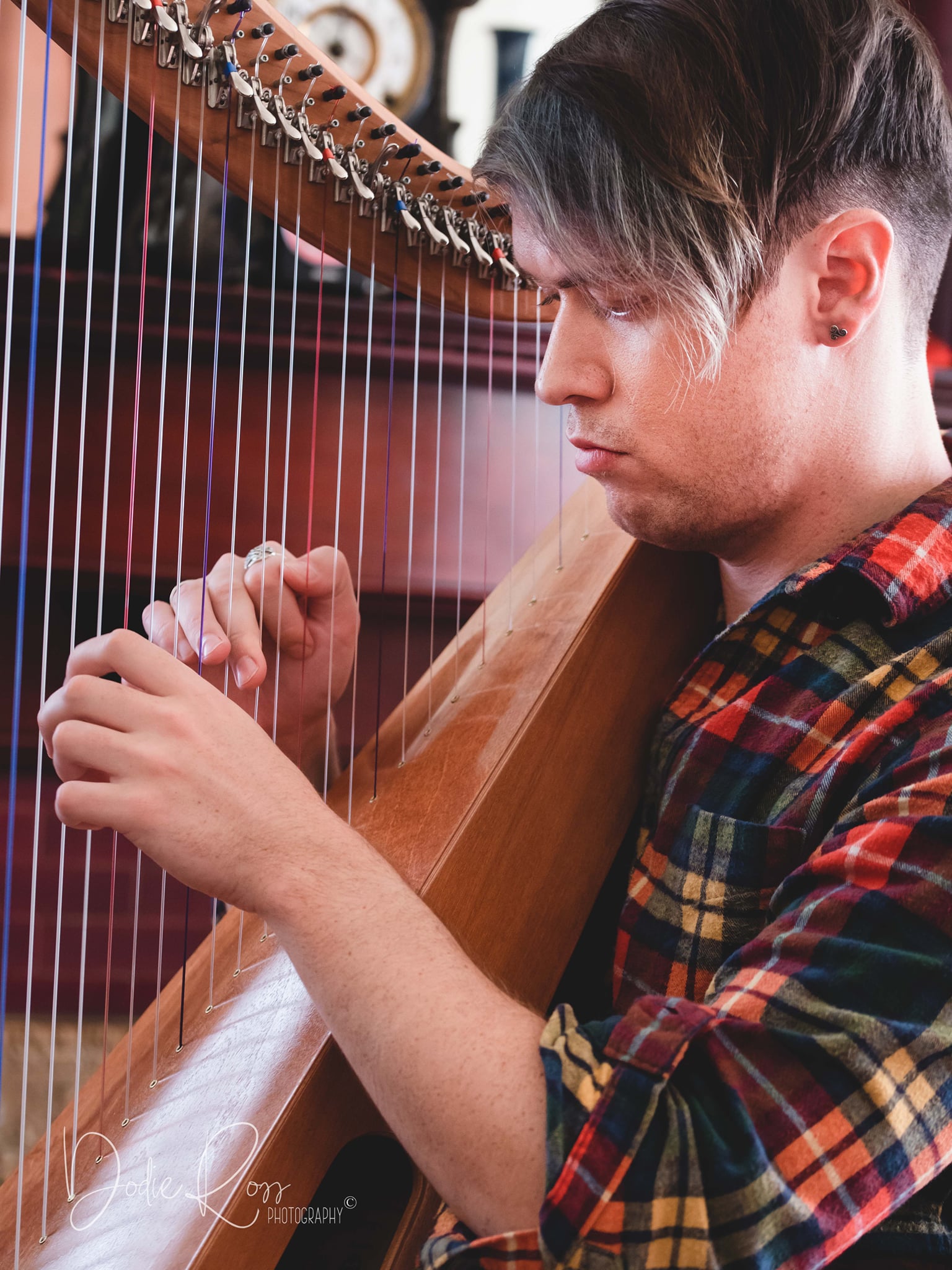
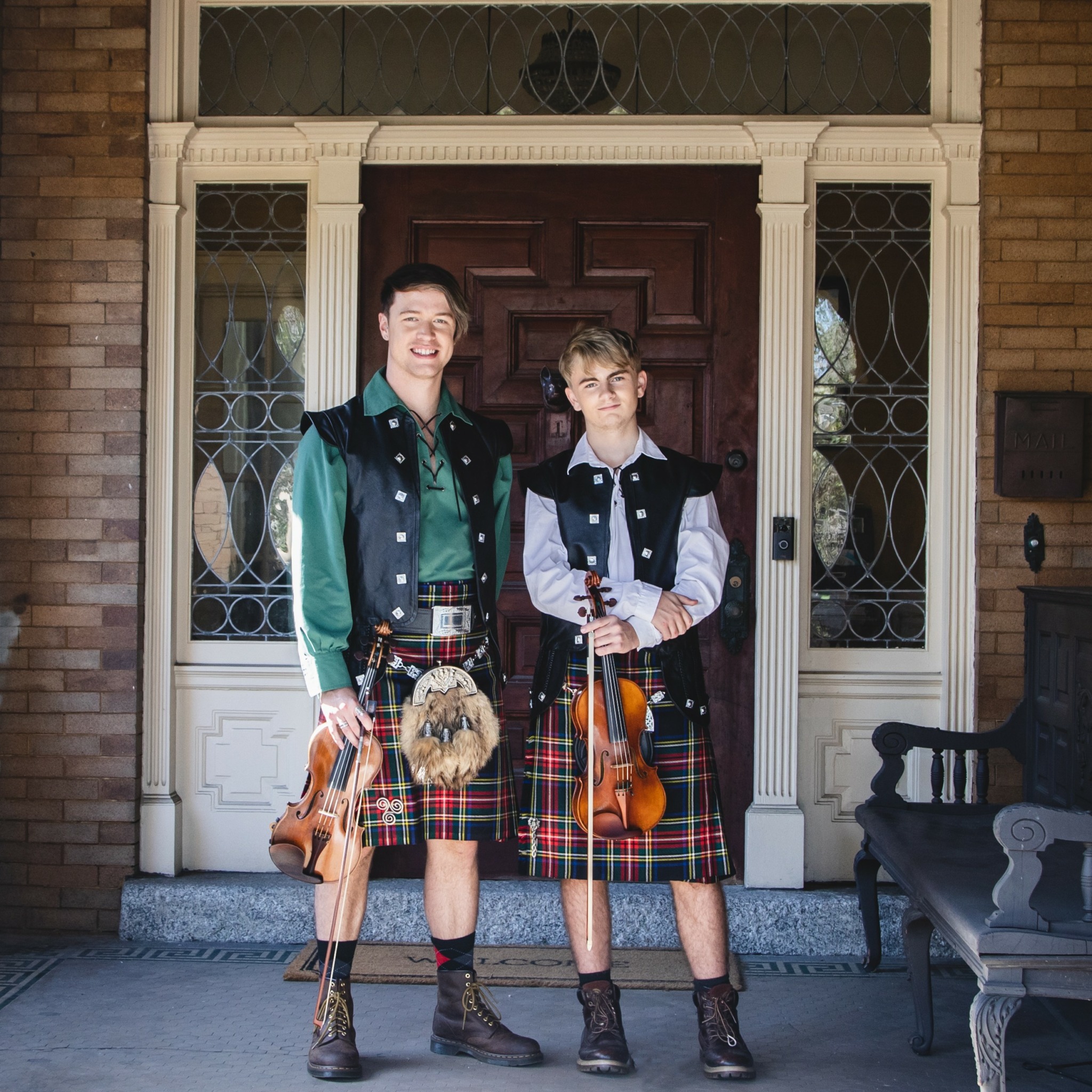
Is there something you think non-creatives will struggle to understand about your journey as a creative?
What I do as a musician seems like complete fun and not work to some. And there’s the saying “Do what you love and you’ll never WORK a day in your life.” When I am onstage performing, I am in my element. Connecting with an audience, breaking down barriers of language, age, religion and more all with the power of music.
It’s not just all fun and games. There are thousands of hours of unseen and usually unpaid work behind a computer screen or in the recording studio. Thankfully, I am enjoying enough success to have someone hired to take care of the more tedious operations in my business and I will be able to pour even more of myself into my craft.
Many of my fellow musicians have not been able to enjoy enough success without the support of a non-discipline related day job that is what is really paying the bills. This is a hurdle that is perhaps the most difficult to overcome.
Contact Info:
- Website: https://www.seanheely.com
- Instagram: https://instagram.com/musicsean77
- Facebook: https://www.facebook.com/seanheelyfiddle
- Youtube: https://youtube.com/seanheely
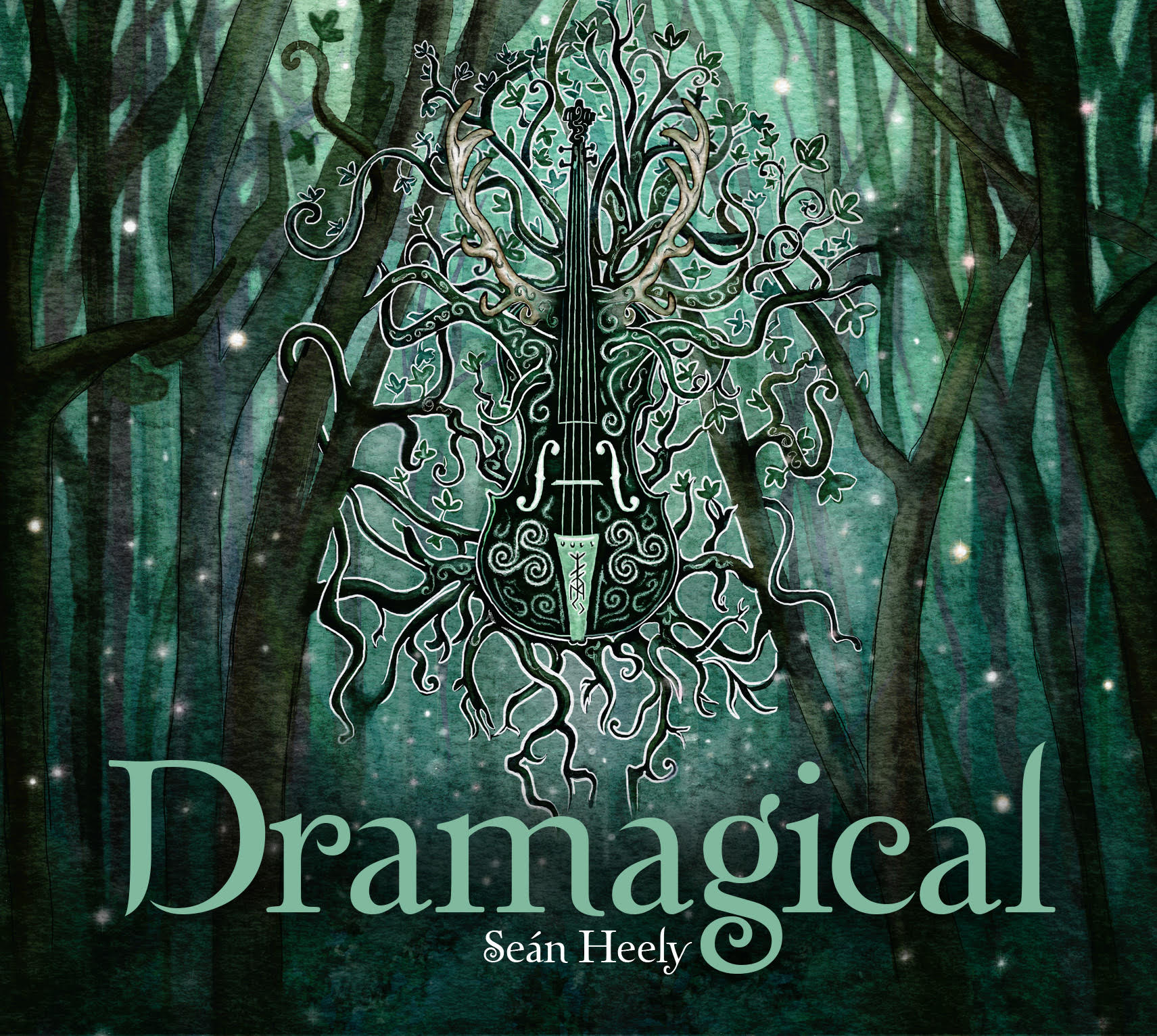
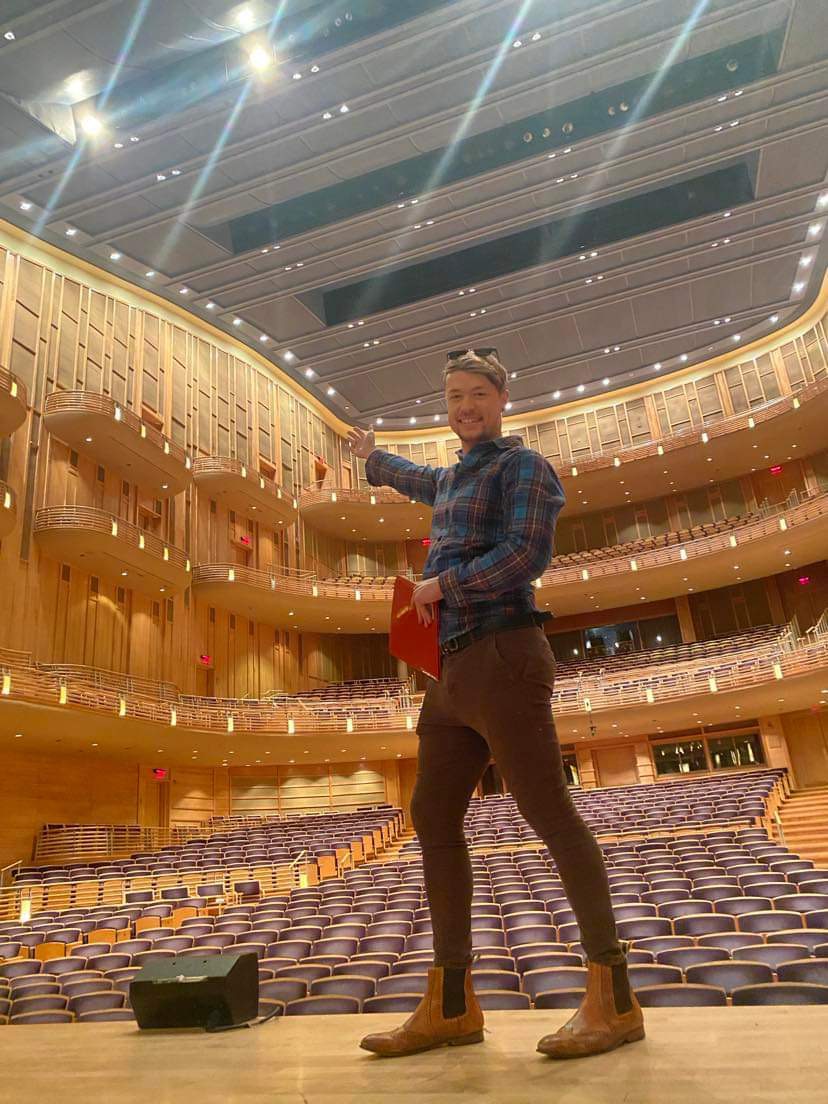
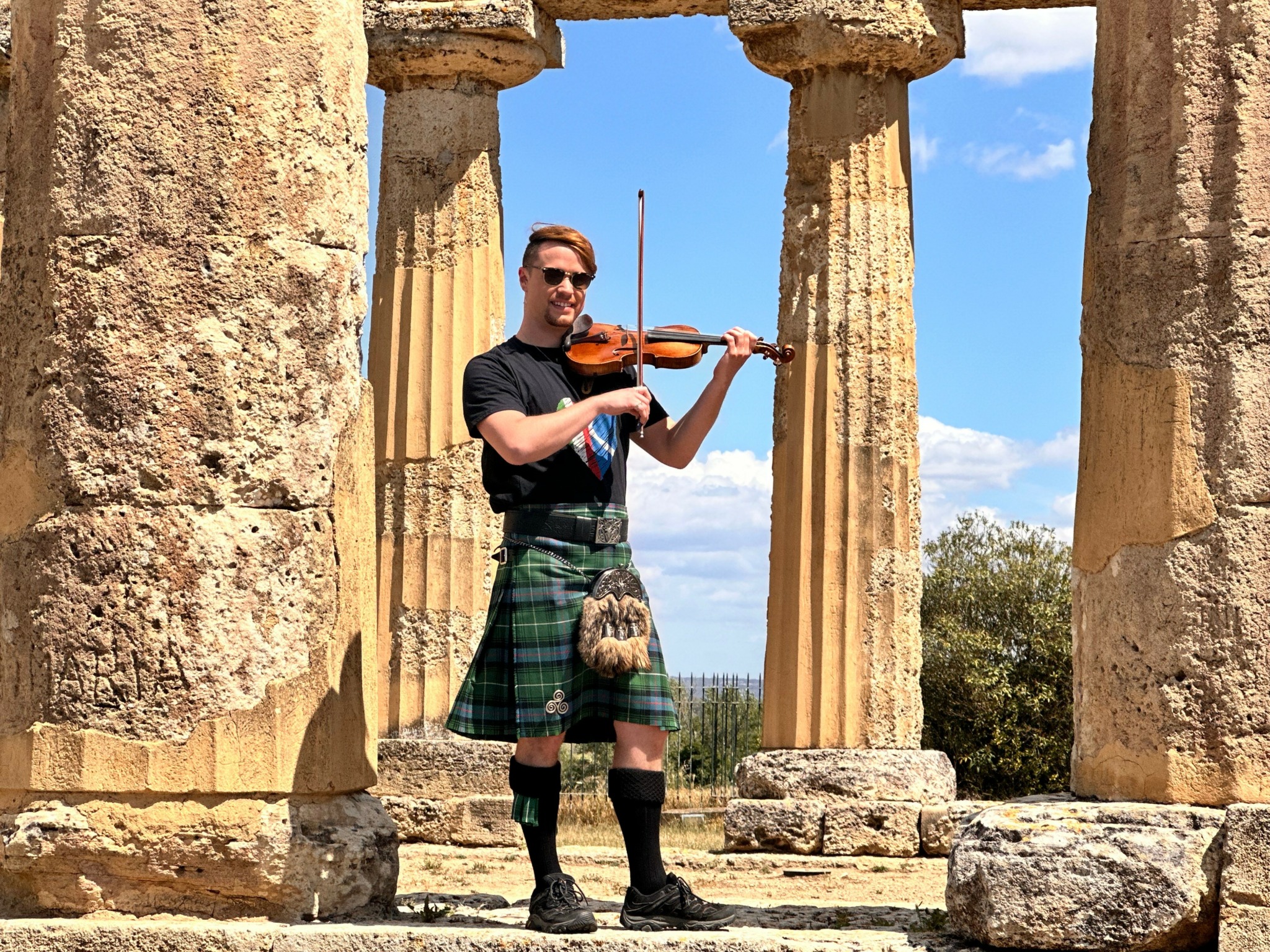
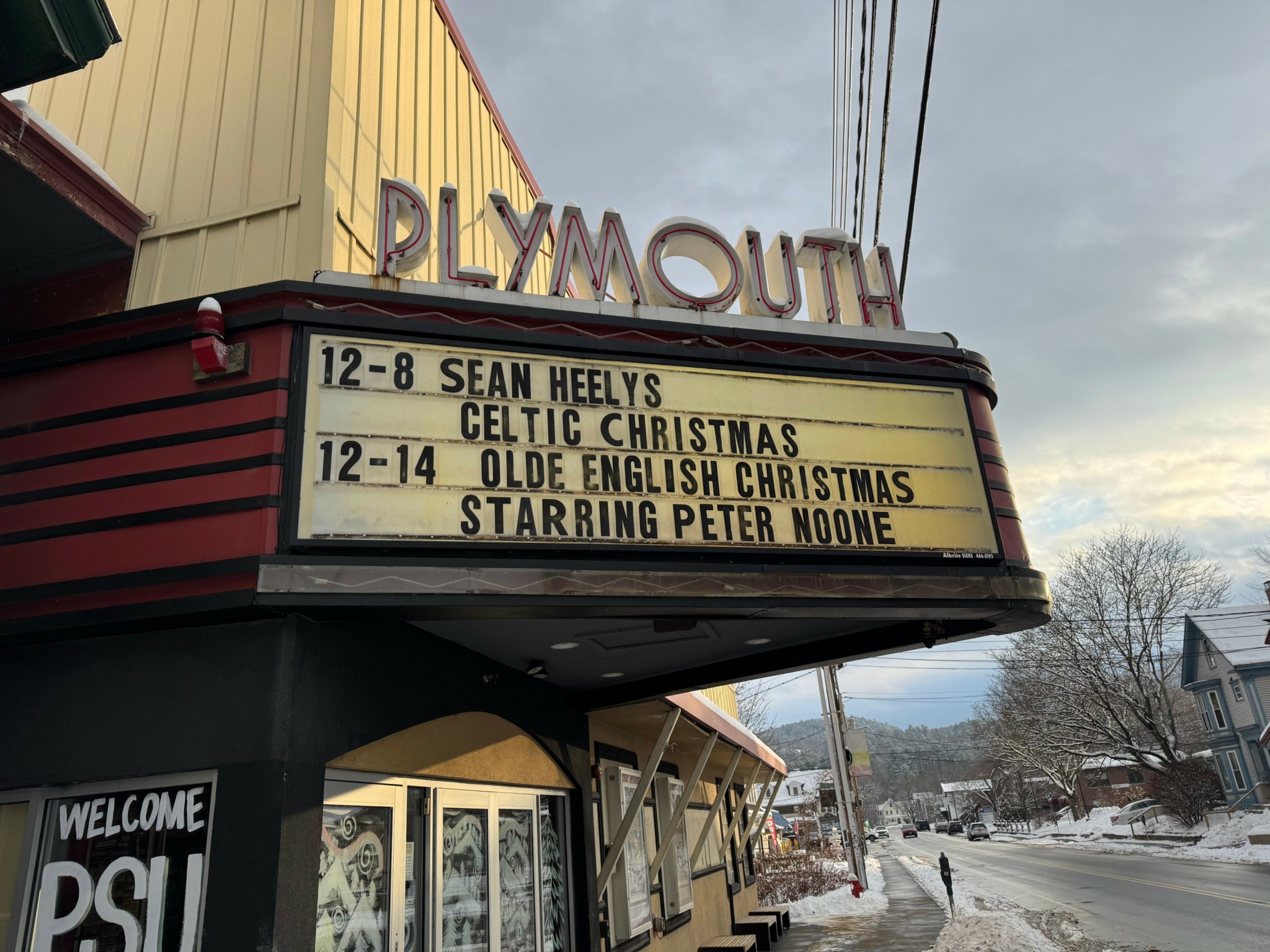
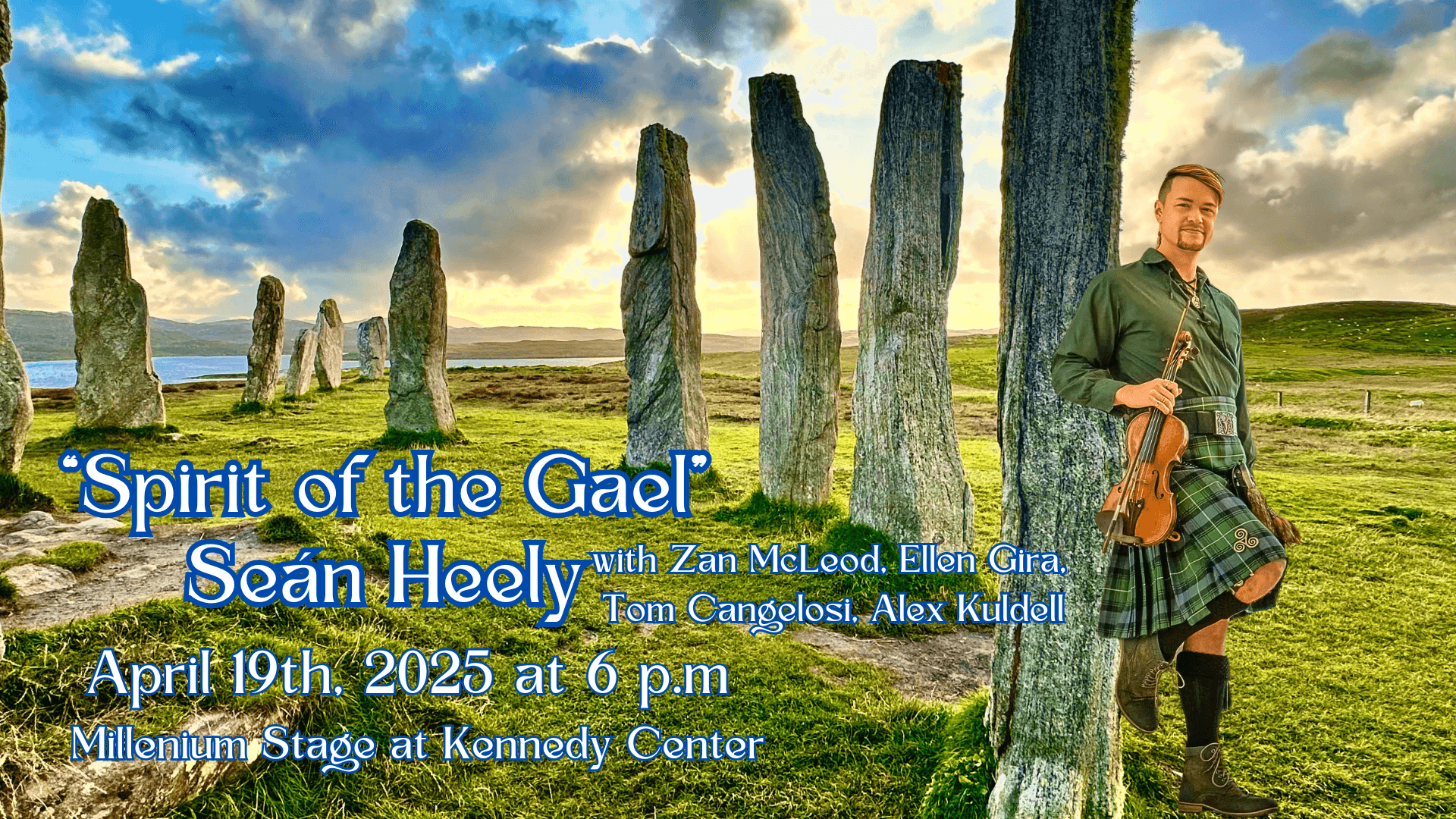
Image Credits
Rachael Rodgers
Dodie Ross
Jordan Koepke


